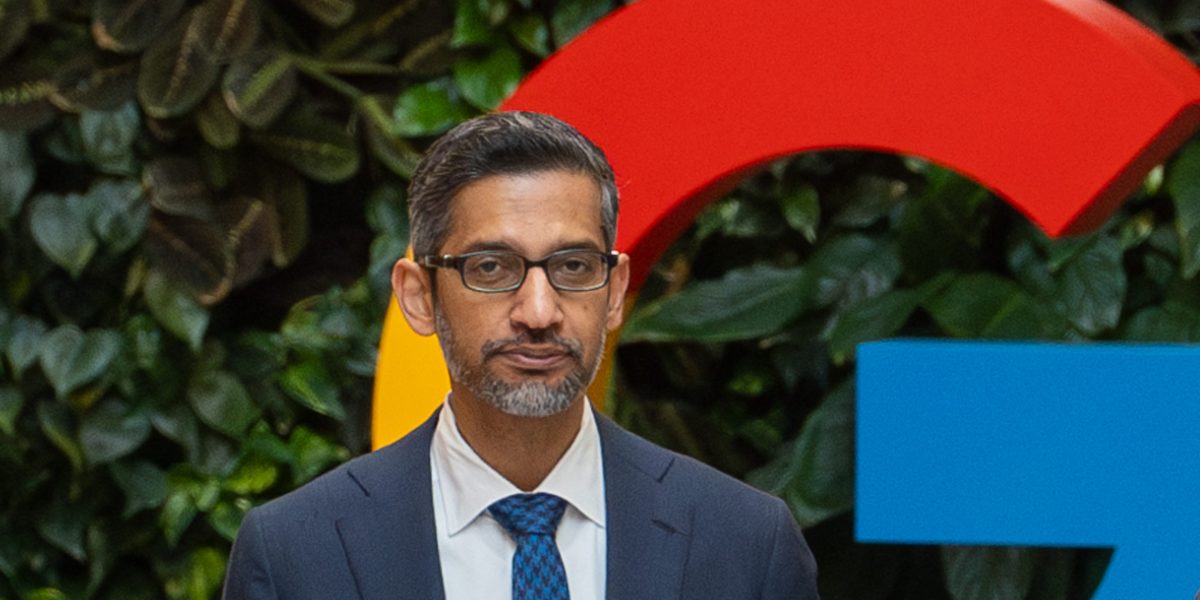OpenAI Expresses Interest in Acquiring Google’s Chrome If Alphabet Is Required to Sell the Popular Browser

OpenAI’s Interest in Google Chrome: A Potential Tech Shift
In the fast-paced world of technology, company movements can significantly impact the market landscape. Recently, OpenAI expressed interest in acquiring Google Chrome, a leading web browser with a vast user base. This statement arose in light of potential challenges Alphabet, Google’s parent company, may face.
Background on Google Chrome
Launched in September 2008, Google Chrome has steadily grown to become the most widely used web browser globally. It boasts numerous features, including:
- Speed and Performance: Chrome is known for its fast browsing capabilities, utilizing a minimalistic interface that allows users to navigate effortlessly.
- Extensive Extension Library: Users can enhance their browsing experience with thousands of extensions available in the Chrome Web Store.
- Security Features: Chrome offers robust security mechanisms like sandboxing, phishing protection, and automatic updates to keep users safe.
- Cross-Device Syncing: The ability to sync bookmarks, history, and settings across multiple devices makes it a favorite among users.
OpenAI’s Position
OpenAI, recognized for its advancements in artificial intelligence, has shown a keen interest in expanding its influence in the technology sector. The organization believes that acquiring Google Chrome could present a unique opportunity for innovation and integration of AI technologies into the web browsing experience.
Reasons for Interest in Acquisition
Leveraging AI Capabilities: OpenAI could integrate its AI tools into Chrome to create a more personalized browsing experience. Features like intelligent suggestions, automated content summaries, and enhanced security could significantly elevate user interaction.
Market Positioning: As AI becomes increasingly integral to technology, OpenAI’s interest in Chrome aligns with its mission to be at the forefront of shifting paradigms in how users interact with the internet.
- Revolutionizing Digital Experience: By merging OpenAI’s capabilities with Chrome’s vast user base, there is potential to revolutionize how users search, learn, and consume media online.
Potential Implications of the Acquisition
The potential acquisition of Chrome by OpenAI could have far-reaching implications for both companies and users. Here are some possible outcomes:
For Users
- Enhanced Safety: Users may experience improved security features, garnering trust in the browsing platform.
- Tailored Browsing: Personalized AI-driven recommendations could make online experiences more relevant and engaging.
For Competitors
- Increased Competition: A strengthened Google Chrome under OpenAI might challenge competitors like Microsoft Edge, Mozilla Firefox, and Safari, prompting them to innovate more rapidly.
For Google
- Shifting Focus: If forced to sell Chrome, Google could redirect its focus to other projects and services, potentially leading to new developments in the tech world.
Challenges Ahead
Despite the potential benefits, challenges could arise during this acquisition process. Regulatory hurdles may emerge, given that major acquisitions in the tech industry often come under scrutiny. Ensuring a smooth transition that keeps user experience at the forefront will also be crucial.
Conclusion
OpenAI’s interest in acquiring Google Chrome marks an exciting discussion in the tech industry. As the landscape evolves, it will be interesting to see how this situation unfolds and how it could reshape the future of web browsing.






